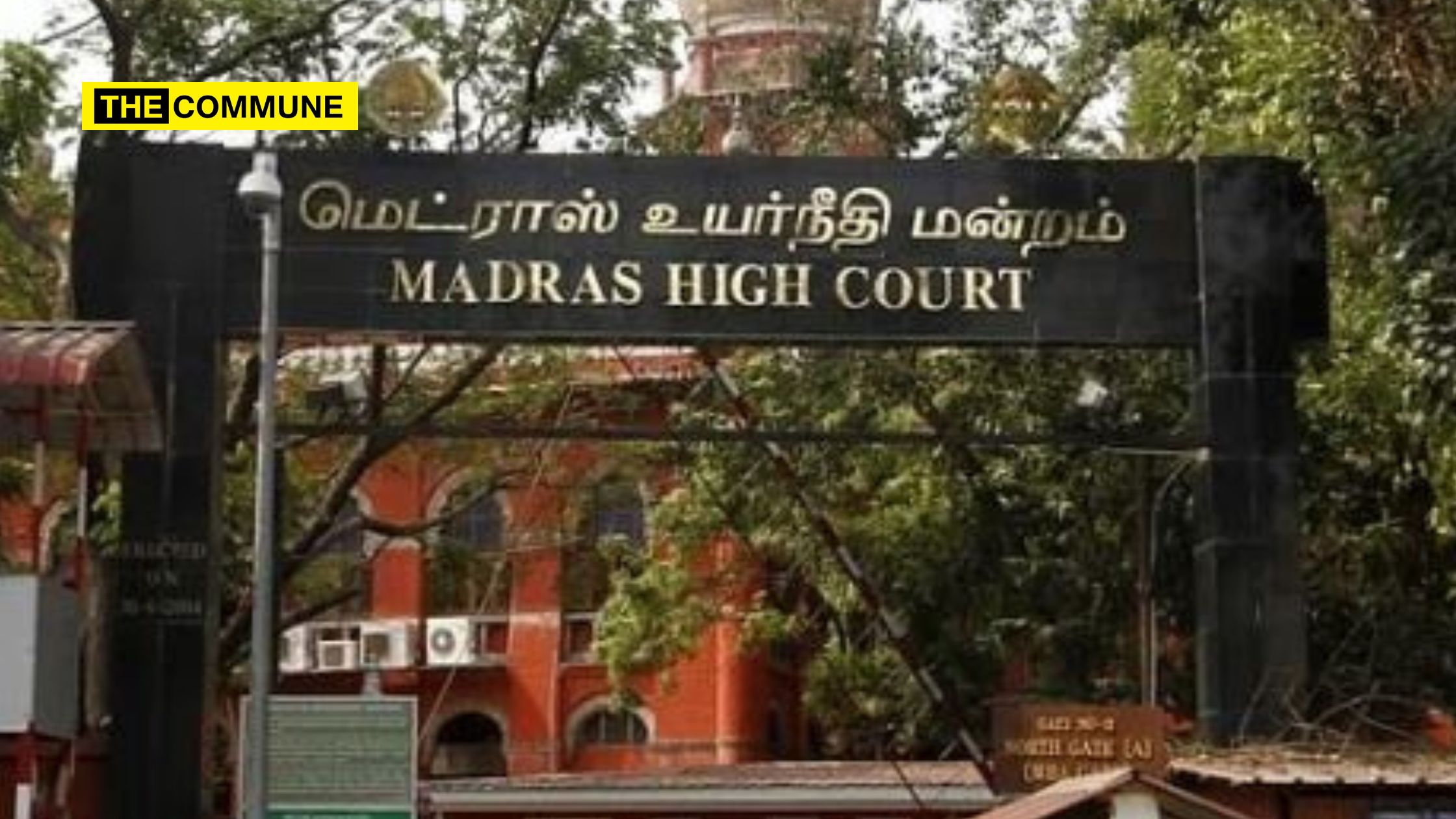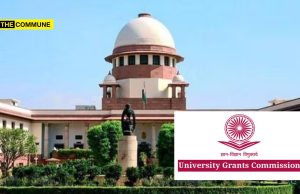
In a significant ruling, the Madras High Court has clarified that the service register of a public servant cannot be entirely exempted from disclosure under Section 8 of the Right to Information (RTI) Act. Justice C.V. Karthikeyan emphasized that while Section 8(j) of the Act protects personal information from disclosure, certain details in the service register, such as assets and liabilities, do not fall under the category of private information and are subject to public scrutiny.
The court acknowledged the importance of transparency in public service, stating that details such as the date of joining, promotions, and nature of work performed by a public servant are not sensitive and can be disclosed. However, the court stressed the need for reasonable restrictions to protect the career and integrity of the individual.
“It is undeniable that the assets and liabilities of a public servant must be disclosed and cannot be shielded from public scrutiny. However, reasonable restrictions should be imposed. Information that does not harm the career of the public servant, such as the date of joining, promotions, and the nature of work, may be disclosed,” Justice Karthikeyan remarked.
The court also instructed that any denial of information must be accompanied by a clear rationale. Officials responsible for handling RTI requests must scrutinize the service register materials and assess the necessity of the requested information before making a decision.
The judgment came in response to a petition filed by M. Tamilselvan, who had challenged a decision by the Revenue Divisional Officer, North Madras, refusing to provide certain information about public servants. Tamilselvan had sought details regarding the disproportionate wealth of an Assistant Engineer in the Water Reservoir Project Sub-Division in Krishnagiri Taluk and the service register of a Panchayat Secretary.
The Revenue Divisional Officer had denied the request, citing Section 8 of the RTI Act as a basis for exemption. However, the court deemed this explanation insufficient, asserting that once an individual enters public service, they are subject to public scrutiny and cannot completely withhold details about their service.
In its ruling, the court remanded the matter to the District Collector for reconsideration and directed the appeal to be resolved within two months, following the legal procedures outlined.
This decision underscores the balance between transparency and privacy in public administration while reaffirming the right of citizens to access critical information about those in public service.
(With inputs from Livelaw)
Subscribe to our channels on Telegram, WhatsApp, and Instagram and get the best stories of the day delivered to you personally.




